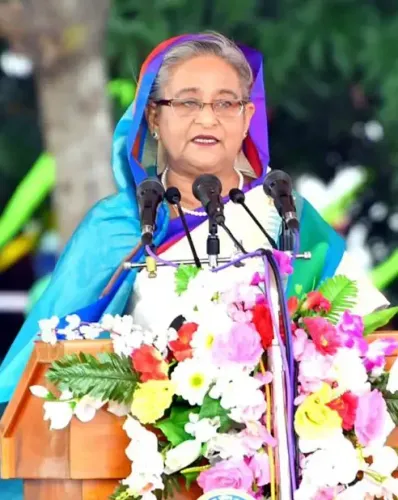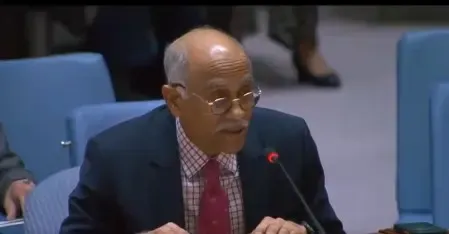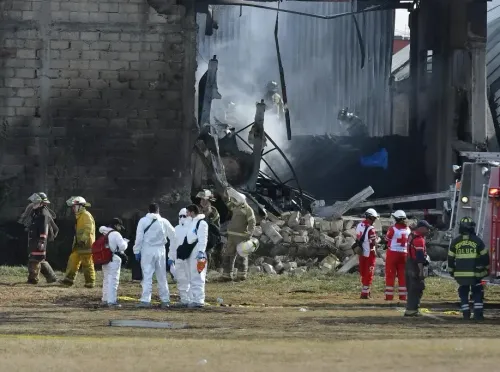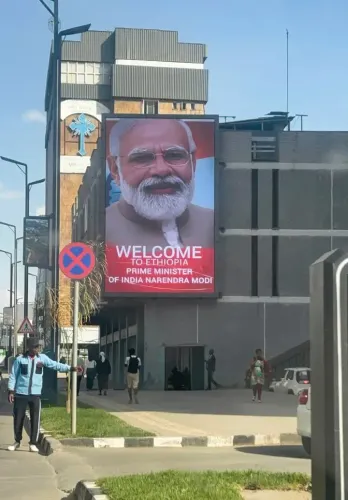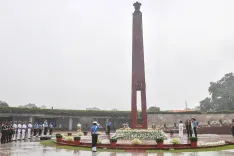Did Guterres Urge Jaishankar and Sharif to Seek Justice in Pahalgam Terror Attack?
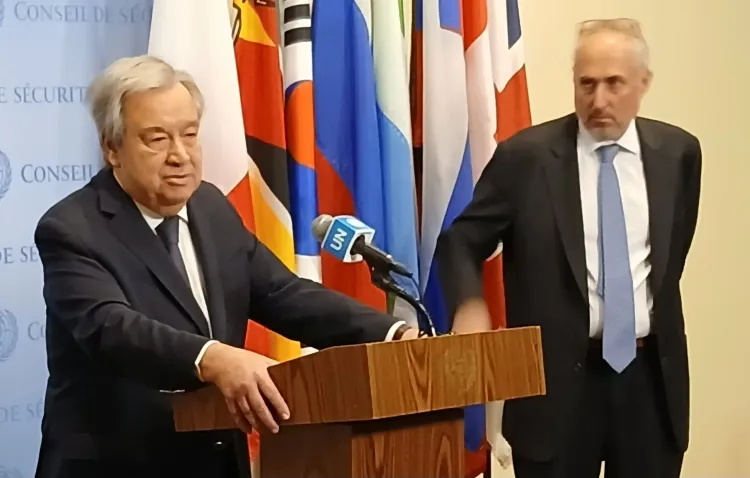
Synopsis
Key Takeaways
- Guterres calls for justice in the Pahalgam attack.
- Rising tensions between India and Pakistan are a global concern.
- India values bilateral negotiations over third-party interventions.
- 26 lives were lost in the Pahalgam incident.
- The UN stands ready to assist in de-escalation efforts.
United Nations, April 29 (NationPress) Secretary-General Antonio Guterres emphasized the necessity of achieving justice in the recent Pahalgam terrorist attack during discussions with External Affairs Minister (EAM) S Jaishankar and Pakistan’s Prime Minister Muhammad Shebaz Sharif, as reported by his Spokesperson Stephane Dujarric on Tuesday.
“The Secretary-General voiced his serious concerns regarding the escalating tensions between India and Pakistan and highlighted the critical need to avert a confrontation that could lead to dire consequences,” he stated.
Dujarric remarked that the global community cannot afford a conflict between India and Pakistan, as it would have devastating implications for both nations and the world at large.
“Guterres has clearly articulated his desire for both parties to pursue a path toward de-escalation,” he added.
He also reiterated the significance of seeking justice and accountability for such attacks through lawful means, while reaffirming his strong condemnation of the terrorist act.
On April 22, twenty-six individuals, primarily tourists, lost their lives in the Pahalgam incident in Kashmir.
Dujarric further mentioned that Guterres has extended his good offices to facilitate de-escalation efforts.
Nevertheless, India has declined third-party involvement in their bilateral disputes, as established by their leaders in the 1972 Simla Agreement.
Dujarric concluded, “The Secretary-General's good offices are always available should both parties consent to it.”


